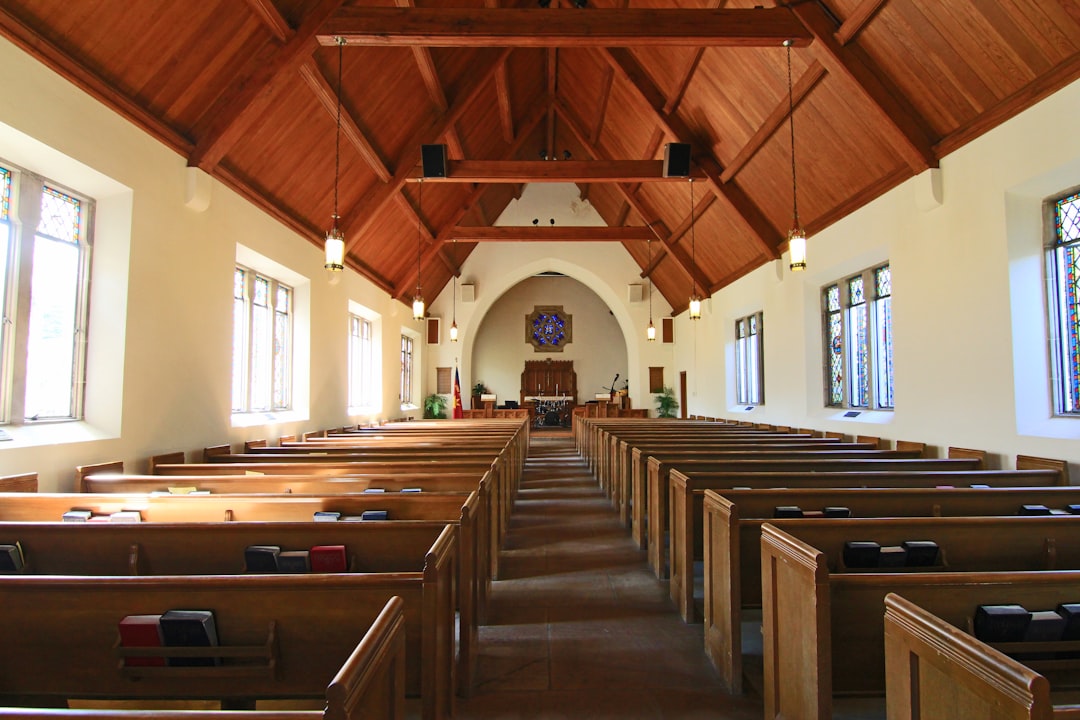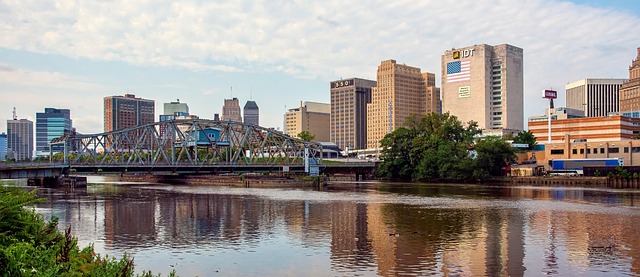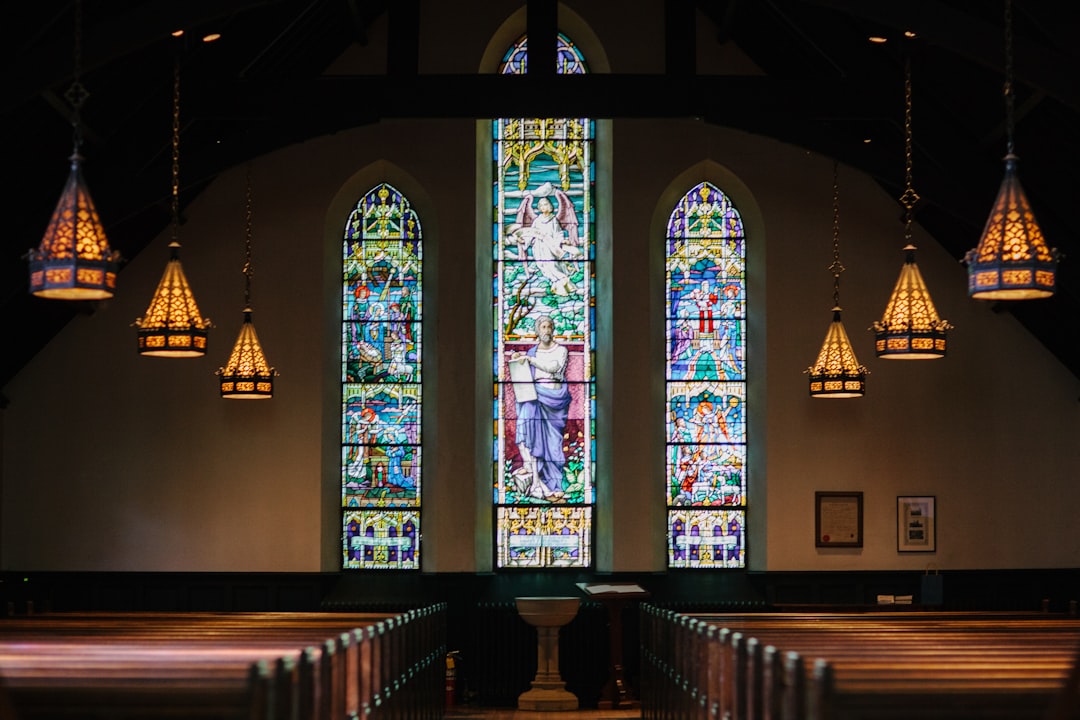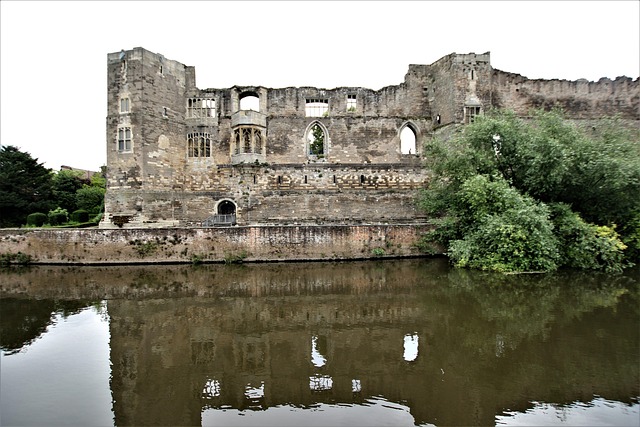Clergy sexual abuse in Newark, NJ, has long-lasting effects on survivors and communities. Stigma, cultural norms, language differences, and fear hinder reporting, making justice difficult to seek. Specialized clergy abuse lawyers in Newark NJ are vital for supporting victims through complex legal processes, ensuring compensation, court representation, and tailored emotional support services. These advocates create safer environments, hold abusers accountable, promote transparency, and prevent future cases.
In Newark, New Jersey, the healing process for victims of clergy sexual abuse faces unique challenges. This complex issue demands a nuanced approach, addressing both the profound psychological trauma and the legal complexities involved. Understanding the impact of clergy abuse within the community is crucial to navigating justice. This article explores legal rights and resources available to victims, emphasizing the role of advocacy in fostering healing and securing justice for those affected by such crimes committed by Newark clergy.
Key focus areas include connecting victims with reputable clergy abuse lawyers in Newark, NJ, who can guide them through their legal options.
Understanding the Impact of Clergy Abuse in Newark

The impact of clergy sexual abuse in Newark, NJ, extends far beyond the immediate trauma experienced by victims. This pervasive issue has profound effects on individuals, families, and the community at large. Many survivors grapple with long-lasting emotional scars, including depression, anxiety, and post-traumatic stress disorder (PTSD). The sense of betrayal by someone they trusted can lead to trust issues and social withdrawal.
In Newark, where a significant portion of the population identifies as religious, clergy abuse cases often go unreported due to cultural norms and fear of stigma. This creates a complex web of challenges for victims seeking justice. Compounding the issue are potential barriers such as language differences, lack of awareness about their rights, and fear of retaliation from powerful institutions. Therefore, having experienced clergy abuse lawyers in Newark NJ who specialize in these cases is crucial to ensure survivors receive the support and compensation they deserve.
Legal Rights and Resources for Victims
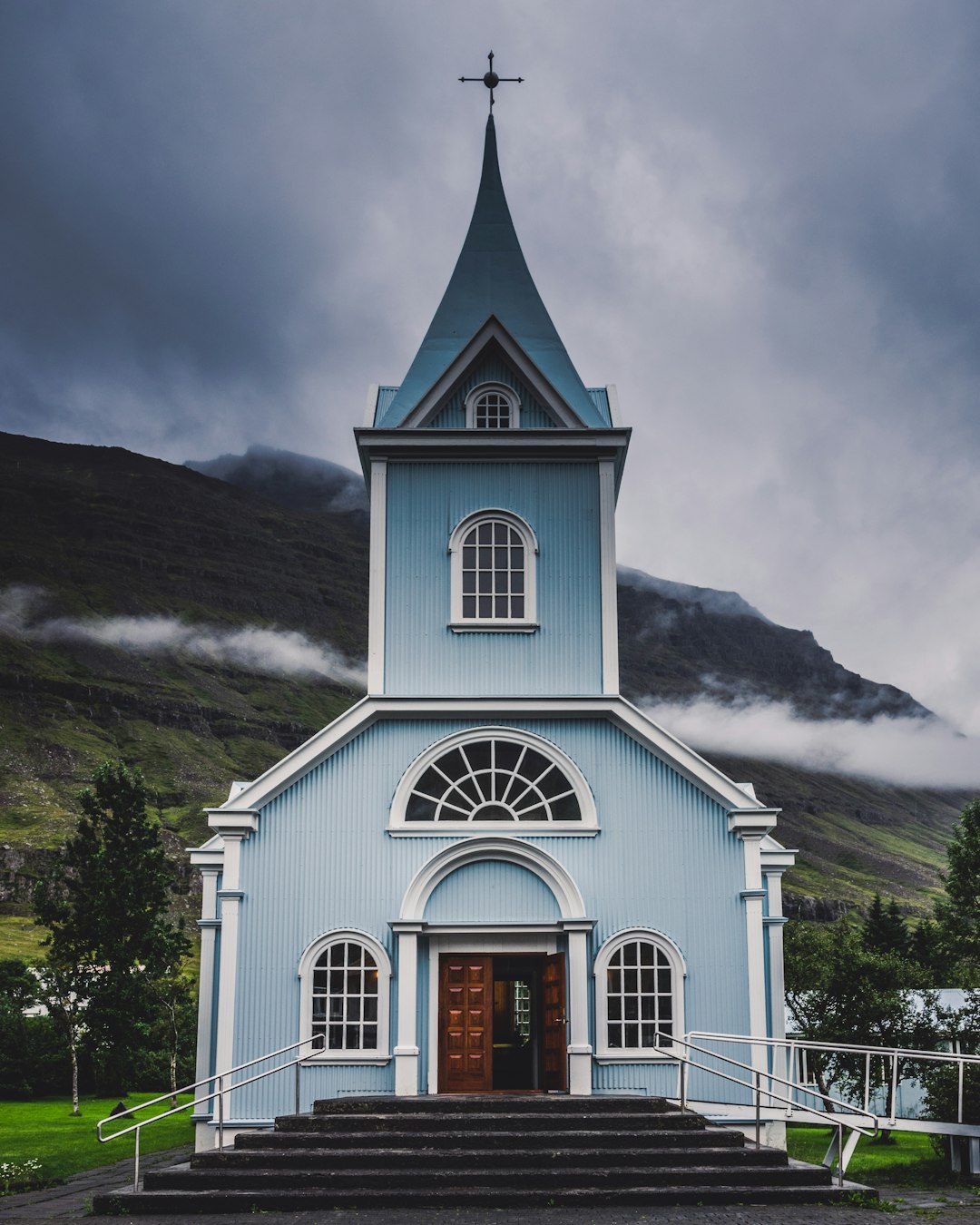
Victims of clerical sexual abuse in Newark, NJ, have specific legal rights and access to resources designed to help them heal and seek justice. If you or someone you know has experienced such abuse, it’s crucial to connect with a competent clergy abuse lawyer in Newark, NJ, who can guide you through the complex legal process. These professionals are equipped to navigate the unique challenges of these cases, ensuring victims receive the support they deserve.
Local and state laws protect the rights of survivors, offering avenues for civil litigation against perpetrators or institutions that failed to protect them. Clergy abuse lawyers in Newark can assist with filing lawsuits, negotiating settlements, and representing victims in court. They can also help access emotional support services, therapy, and other resources tailored to meet individual needs. This process is a significant step towards achieving justice and finding closure for those who have suffered profound trauma.
Advocating for Justice and Healing in the Community

In the pursuit of justice for victims of clerical sexual abuse in Newark, New Jersey, dedicated advocates and clergy abuse lawyers play a pivotal role. These professionals understand the complexities surrounding such sensitive issues and work tirelessly to ensure that victims’ voices are heard and their rights protected. They provide a crucial support system, guiding victims through the legal process while also offering emotional healing and community advocacy.
The collective efforts of these advocates aim to create a safer environment for all members of the Newark community. By holding perpetrators accountable and advocating for better protection measures, they strive to prevent future instances of clergy abuse. Through their work, they not only seek justice but also foster a culture of transparency and healing within the religious institutions of Newark, NJ.
